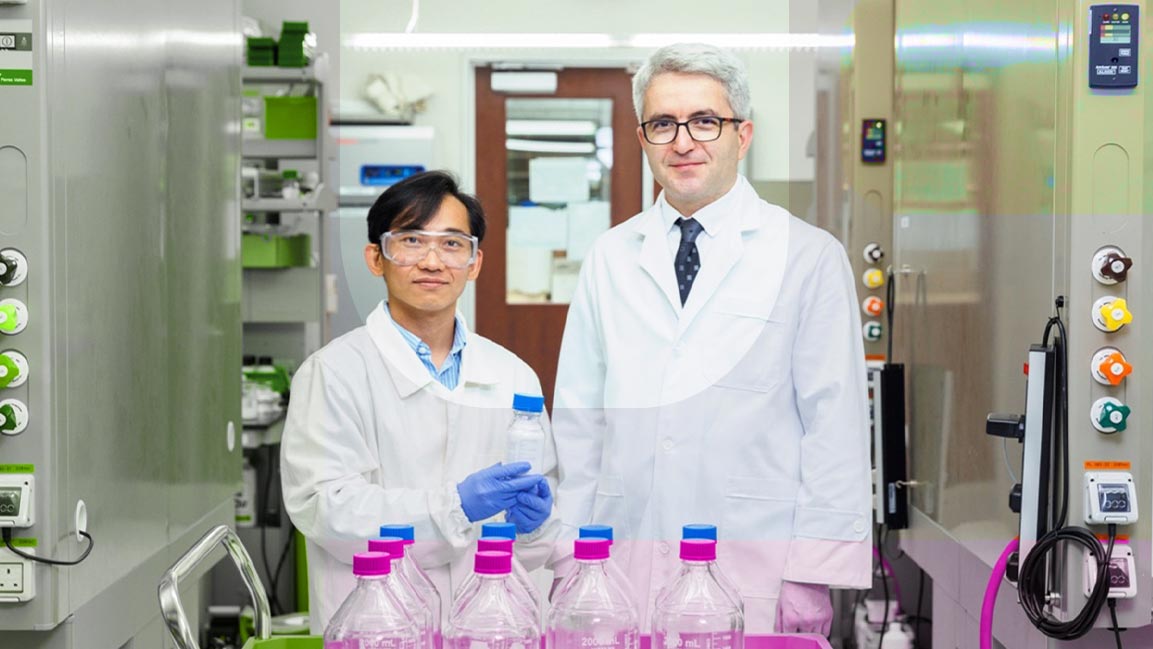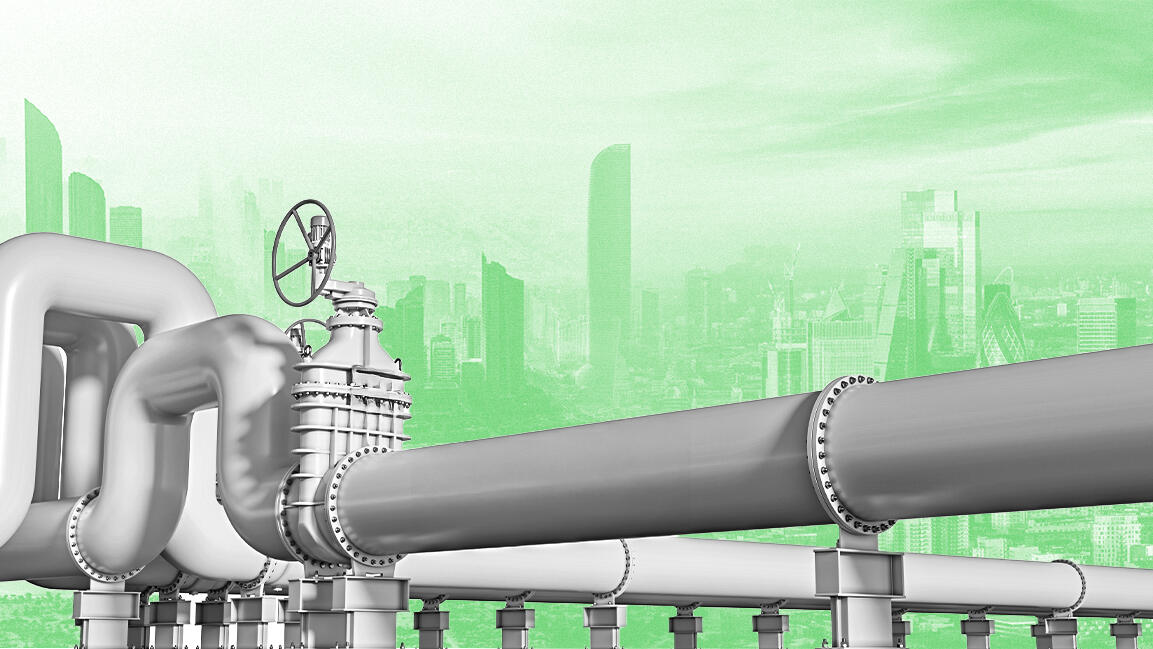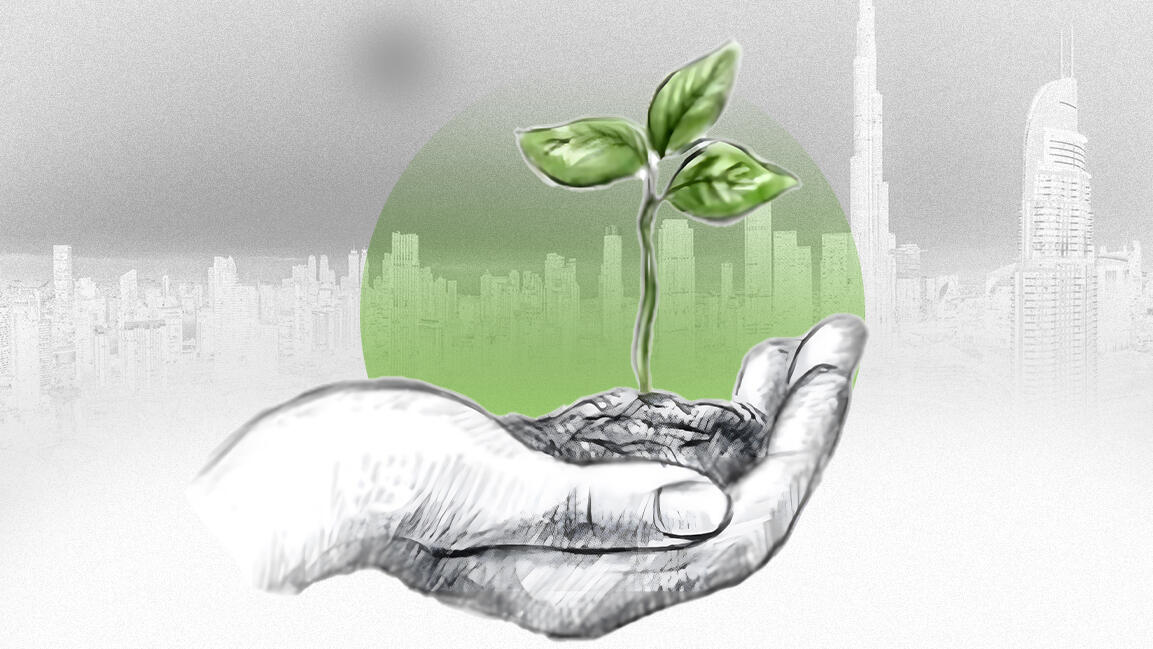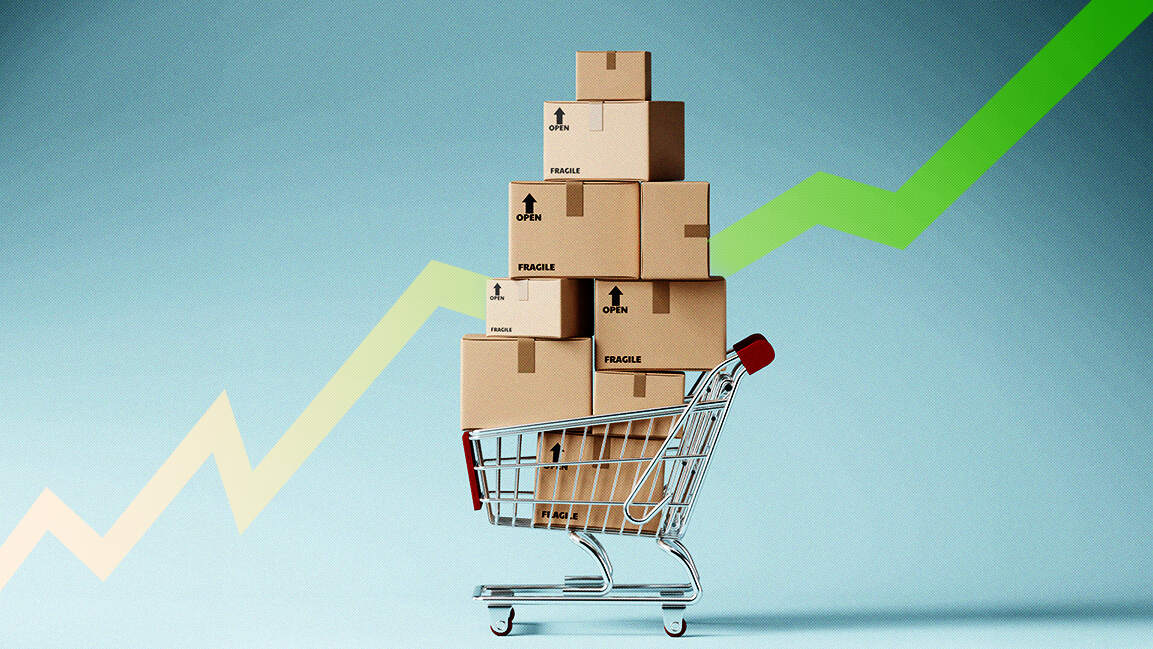- | 1:02 pm
Scientists at KAUST find a novel way to store CO2 in solid form
The innovation will have a huge impact in the fight against climate change with energy-efficient ways to capture CO2

Scientists at the King Abdullah University of Science and Technology (KAUST) have found a new way to store and transport carbon dioxide in a solid form.
The innovation will be a breakthrough in carbon capture and storage as the world struggles to find methods to reduce carbon footprint by finding carbon capture, utilization and storage (CCUS) to meet global climate goals. The new method developed by the researchers is less energy intensive and will allow CO2 to be transported without refrigeration in the form of a powder.
The team of researchers led by Professor Cafer T. Yavuz of KAUST, Prof. Bo Liu from the University of Science and Technology of China (USTC), and Prof. Qiang Xu of Southern University of Science and Technology (SUSTech) are behind this promising method for carbon capture and storage. The research findings have been published in the journal, Cell Reports Physical Science.
The team has created a mesh-like structure with guanidinium sulfate, a salt of carbon, hydrogen, nitrogen, oxygen and sulfur. These structures are called clathrates (a compound in which molecules of one component are physically trapped within the crystal structure of another).
This salt mimics the way methane hydrate captures gas molecules like CO2 under high pressure, conditions that are impossible to create in a lab. But this salt is a more energy-efficient way to trap these greenhouse gasses as it does not require refrigeration, unlike the methane hydrate.
“Our team made it possible to carry CO2 in a solid form without the need for refrigeration or pressure. You will be able to literally shovel CO2-loaded solids from now on,” said Professor Yavuz. “The impact is wide and strong, as the global fuel industry and the kingdom entities are actively looking for ways to capture, store and transport CO2 without significant energy penalties.”
































